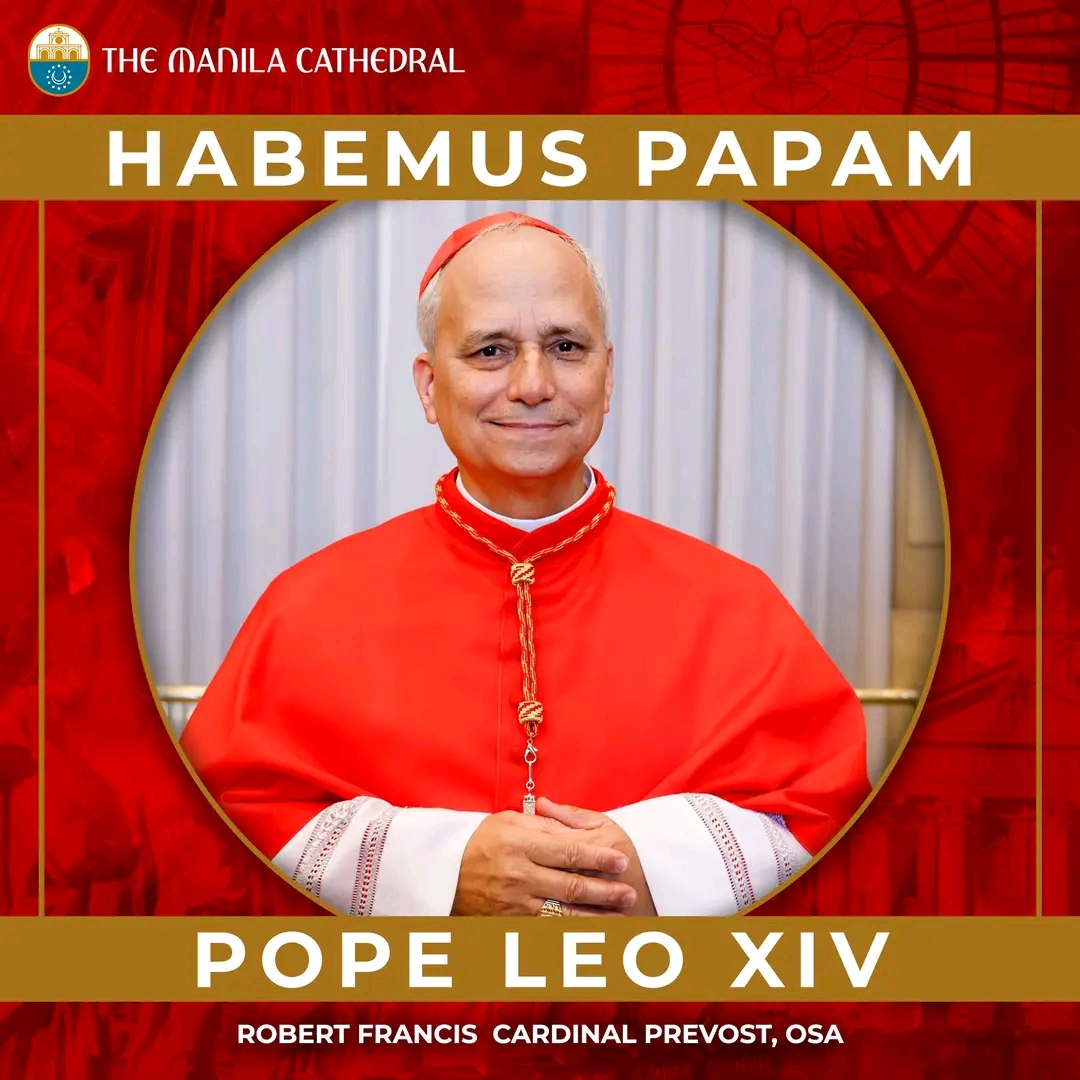
 Shine FM
Shine FM

 Shine FM
Shine FM
8 May 2025, 9:12 pm
By Eman Yonah Oruk

Cardinal Robert Francis Prevost of the United States has been elected the 267th pope, making history as the first American to lead the Roman Catholic Church.
The 69-year-old from Chicago, Illinois, appeared on the balcony of St Peter’s Basilica on Thursday evening, having taken the name Pope Leo XIV.
Prevost’s election followed just two days of deliberations by the College of Cardinals, indicating a strong early consensus.
His selection breaks with centuries of European papal tradition and marks a significant moment for the Church’s 1.4 billion members worldwide. Before his election, Prevost headed the Vatican’s Dicastery for Bishops, where he was responsible for overseeing the selection and vetting of bishops across the globe.
He also chaired the Pontifical Commission for Latin America and is a long-serving member of the Augustinian religious order.
Although born in the United States, Prevost spent over a decade as a missionary in Peru and later served as Bishop of Chiclayo from 2014 to 2023.
His extensive experience in South America is thought to have helped alleviate concerns among cardinals who have traditionally been hesitant to elect an American pope, fearing it might suggest undue U.S. political influence over the papacy.
Vatican observers describe Pope Leo XIV as a calm and measured leader, known for his clarity of vision and quiet effectiveness.
He holds degrees in mathematics and theology and studied canon law in Rome. He was ordained a priest in 1982.
In previous interviews, Pope Leo XIV has spoken of his deep commitment to missionary work, saying he still considers himself a missionary at heart.
As prefect of the Dicastery for Bishops, he supported Pope Francis’ efforts to include women in key decision-making roles, describing their contributions as “real, genuine, and meaningful”.
On the issue of clerical abuse, he acknowledged that some dioceses have made progress, but insisted that much more needs to be done.
Pope Leo XIV is expected to continue building on the reforms of Pope Francis, especially in efforts to make the Church more inclusive and responsive to issues affecting the developing world.
His broad international experience positions him to lead a truly global papacy at a time of shifting religious and political landscapes.
The conclave’s decision to elect an American with strong ties to Latin America suggests a more global outlook and may reflect the cardinals’ desire for a unifying figure capable of guiding the Church through modern challenges.